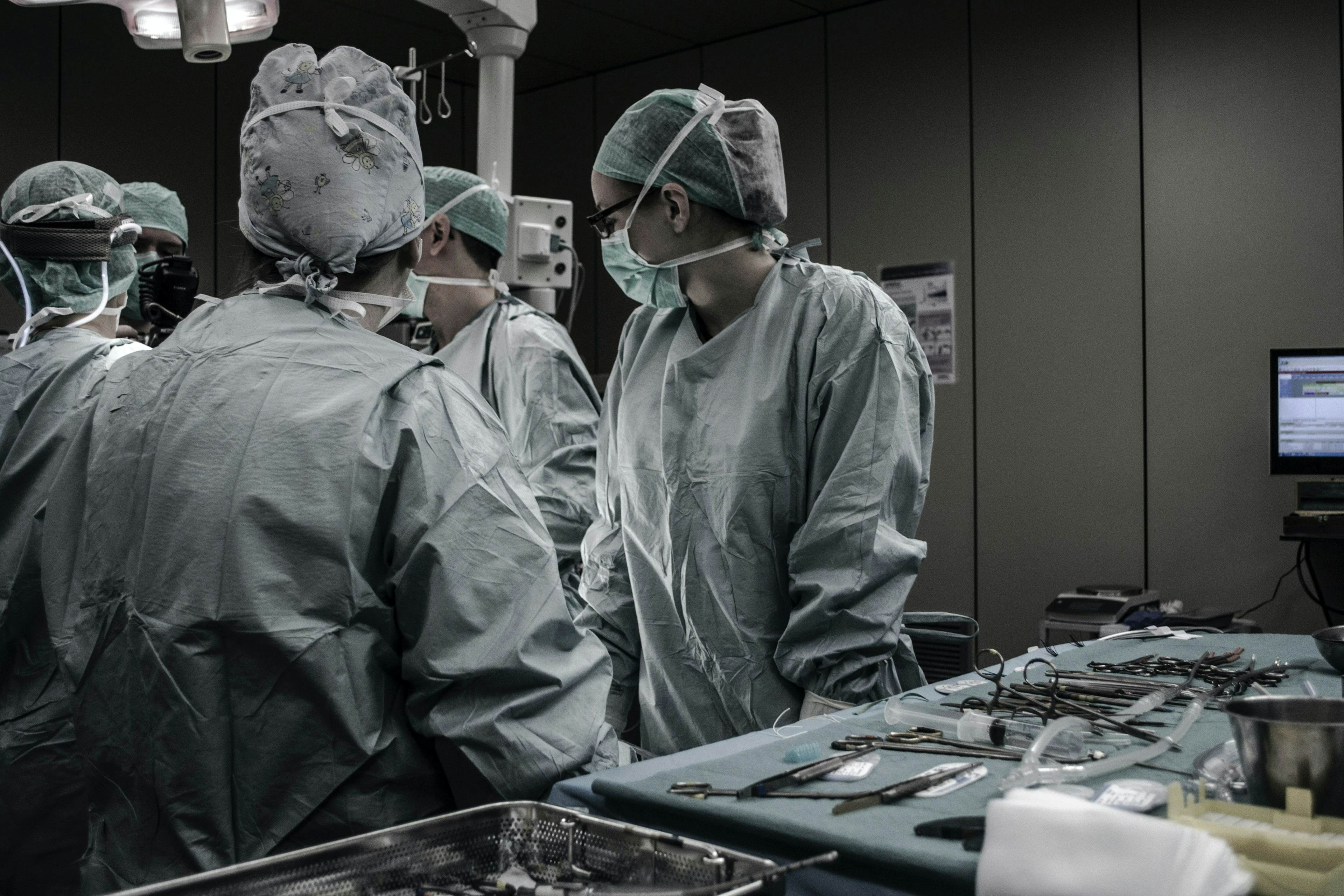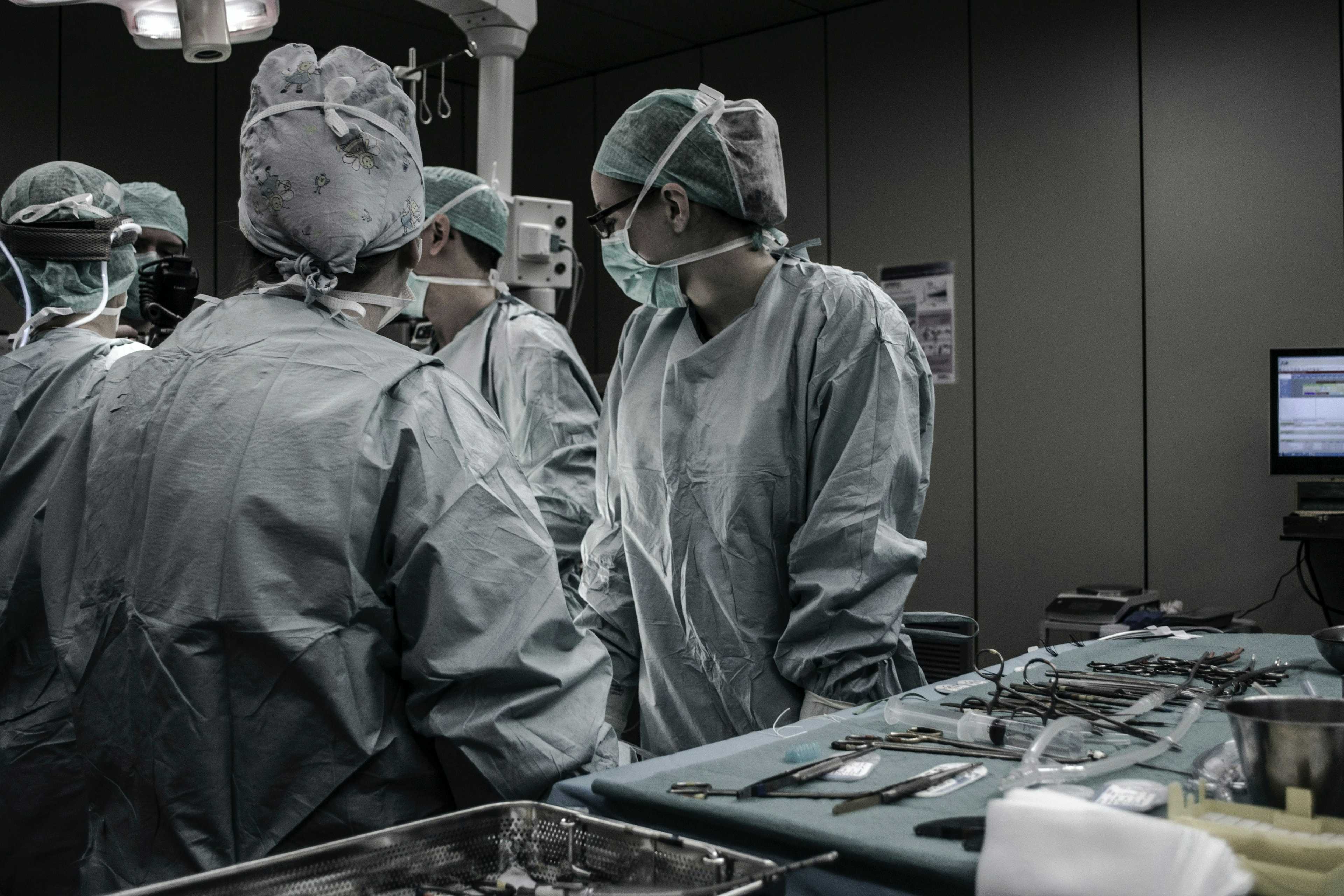The Case Against Temple University Hospital
The original case arose from a 2018 incident in which the plaintiff suffered a knee injury. The plaintiff sought treatment at Temple University Hospital. The injury resulted in a 39-day stay in hospital care. During this stay, the plaintiff had several surgical procedures on his leg, including an amputation of the leg below the knee.
In his original case, the plaintiff argued that Temple University Hospital’s medical team failed to correctly diagnose his injuries, which included a knee dislocation and injury to the popliteal artery. Had the medical team diagnosed the injuries correctly and understood their severity, the team would have provided treatment to save the leg, the plaintiff argued.
The plaintiff named both Temple University Hospital and the primary orthopedic surgeon responsible for treating the plaintiff. Between 2018 and shortly before the May 2023 trial, both Temple and the surgeon continued to argue that they were not responsible for the plaintiff’s injuries. A settlement offer by the defendants in 2019 was rejected by the plaintiff and his legal team as inadequate.
Attorney Jordan Strokovsky, represented the plaintiff in this case. At trial, the jury sided with the plaintiff, issuing a $26 million verdict against Temple University Hospital. The award included $11.2 million in past noneconomic losses, $8.8 million in future noneconomic losses, and $6 million in future medical expenses.
Events Following the $26 Million Verdict
In addition to arguing that Temple University Hospital and its medical team engaged in malpractice, the plaintiff argued that he was entitled to additional damages for delay. Specifically, the plaintiff pointed out that the hospital did not stipulate to liability until just before the trial - even though the hospital had five years to do so.
After the verdict was released, the hospital argued in post-trial motions that the verdict “shocks the conscience” and that it would affect the hospital’s ability to provide care to underserved communities in North Philadelphia, in potential violation of the MCARE Act.
The MCARE Act requires a Pennsylvania trial court to consider how a medical malpractice verdict might affect a provider’s ability to provide health care in the community it serves. Under the Act, a hospital can seek a hearing, where it can provide evidence that requiring the hospital to satisfy the verdict will undermine its ability to provide health care.
The hospital also argued that the verdict was overly large in light of the fact that the plaintiff adjusted well to the amputation and adapted to perform daily activities.
The judge rejected both arguments. Regarding the MCARE argument, the judge noted that Temple University Hospital has locations in more affluent areas of Pennsylvania as well, indicating that the hospital’s ability to serve its North Philadelphia patients would be less severely impacted than the hospital argued.
The judge also noted that the defendant’s claims about the plaintiff’s adjustment to amputation failed to account for “well-settled Pennsylvania jurisprudence that the record must be viewed in the light most favorable to the verdict winner.” Instead, the judge characterized the defendant’s position as a push to have only their own evidence considered when reexamining a verdict.
Takeaways for Attorneys
Laws like the MCARE Act seek to balance injured plaintiffs’ need for compensation against a community’s need for access to health care - a challenge that remains relevant both in low-income urban areas and in many rural communities. Yet, as with many cases, this one depended on where one focuses one’s attention.
In its arguments, Temple University Hospital focused solely on the location of its flagship hospital in an underserved area of North Philadelphia. The judge, however, took a broader view - not only of Temple University Hospital’s flagship facility but of its other clinics and locations throughout the Philadelphia area. The judge based his decision in part on this broader view.
Being ready and able to address perspective can be vital to a case. Addressing a pattern of behavior, such as the hospital’s unwillingness to accede to a fault, can also be essential for attorneys seeking to boost the credibility of their client and their client’s case.




